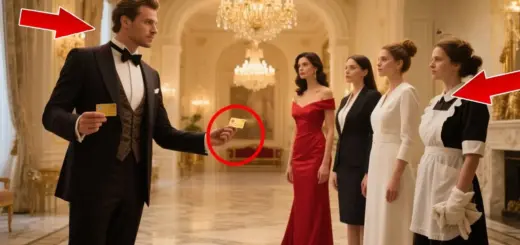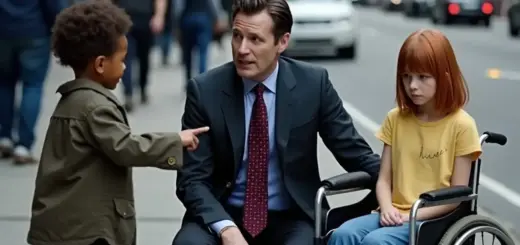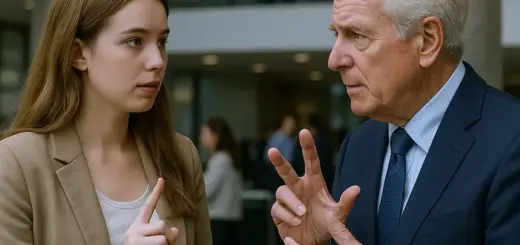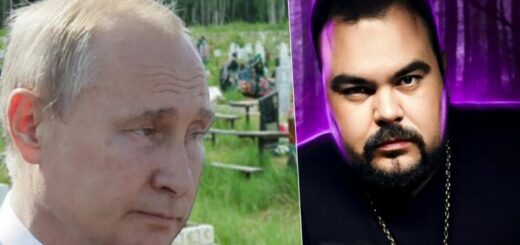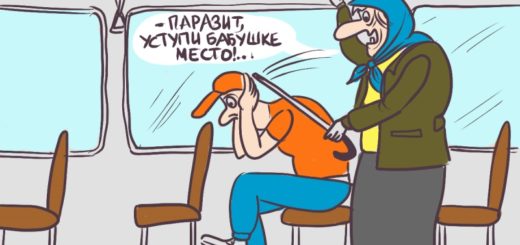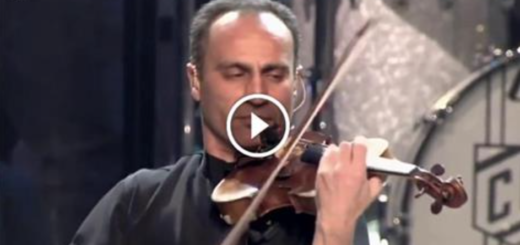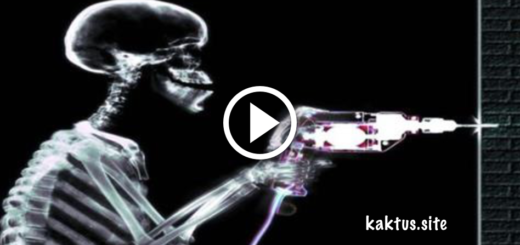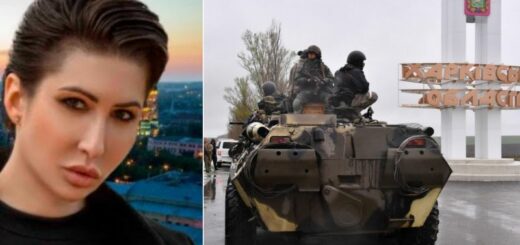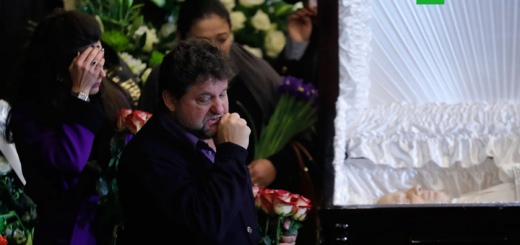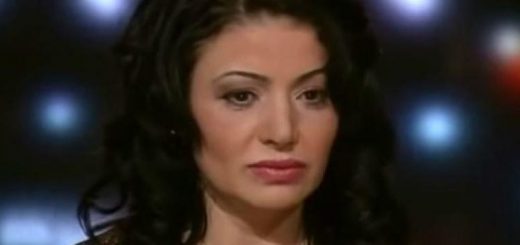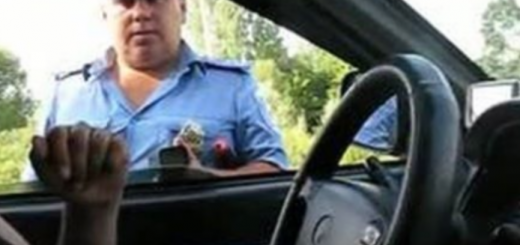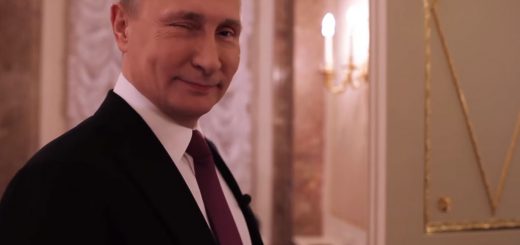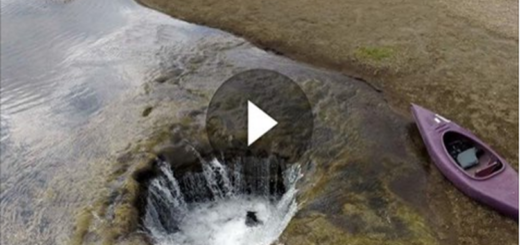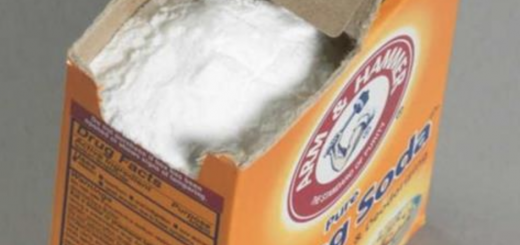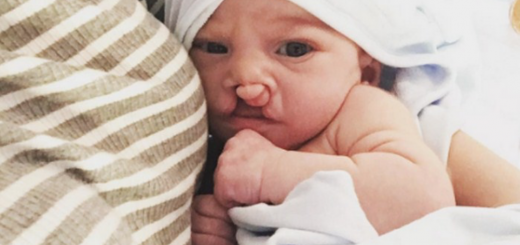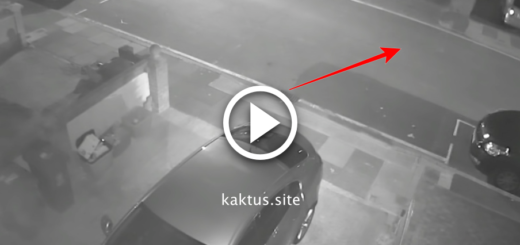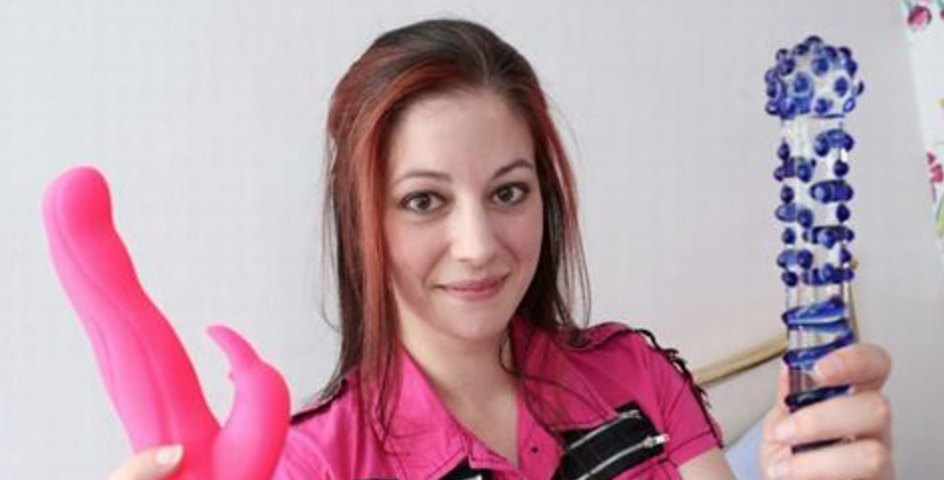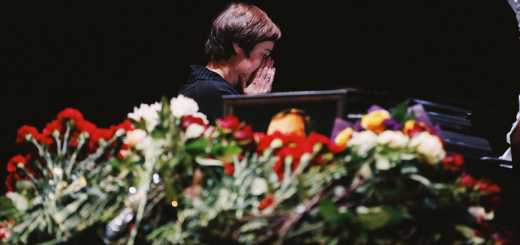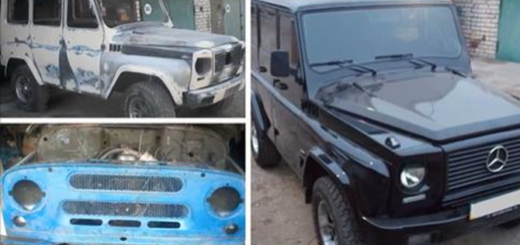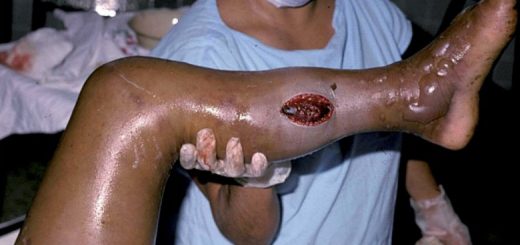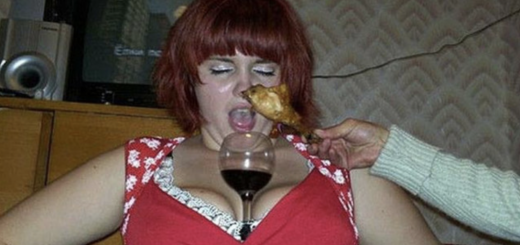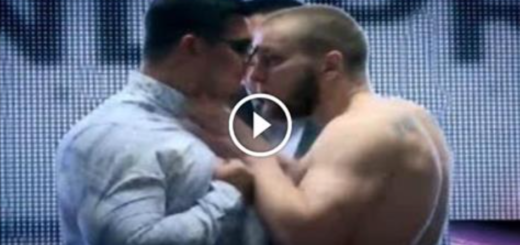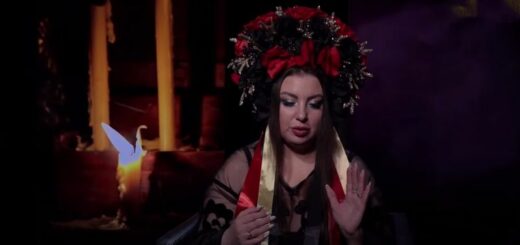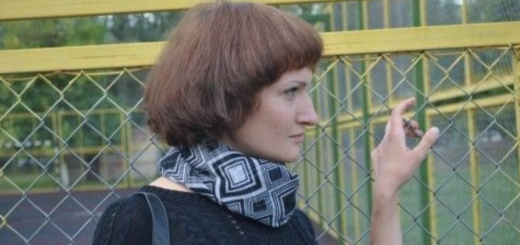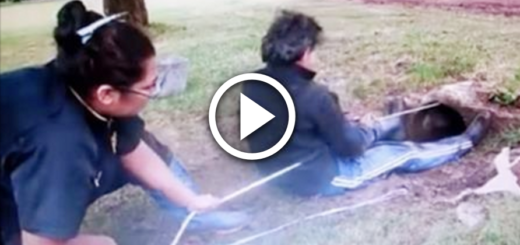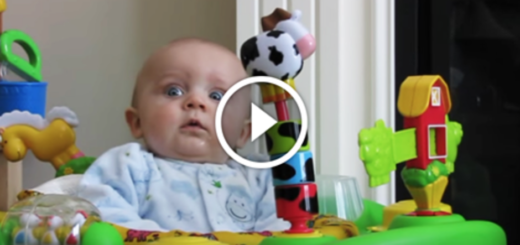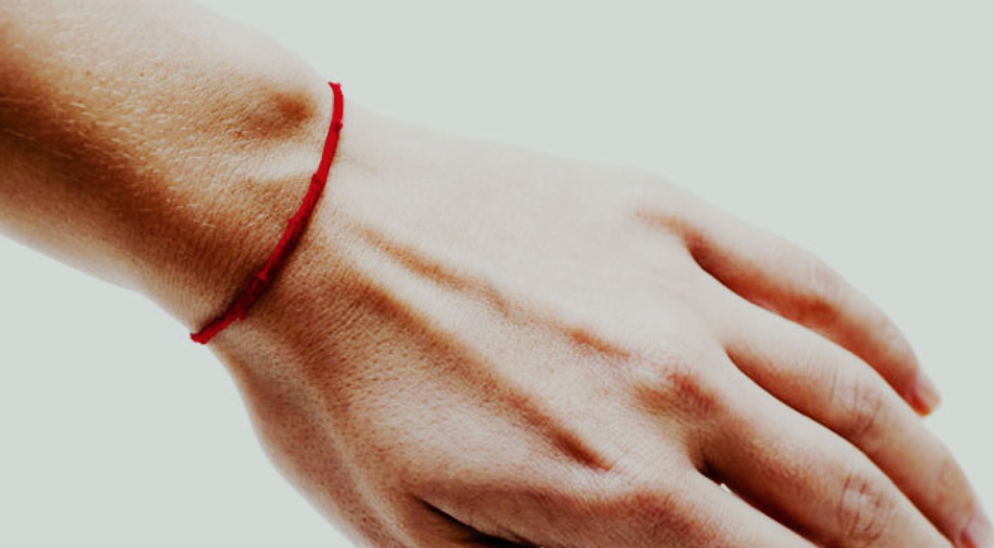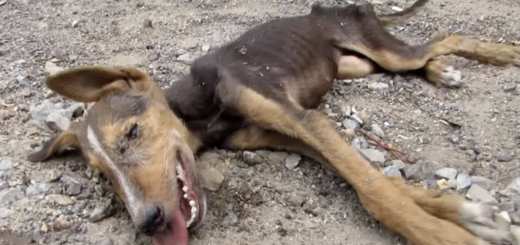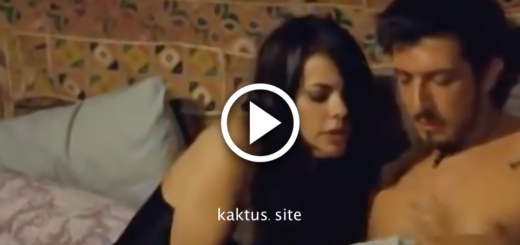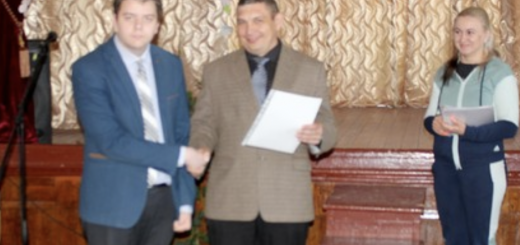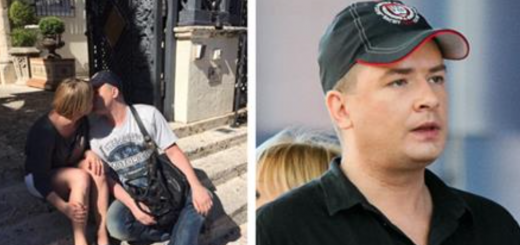On the morning of our flight, Mason woke up before the sun. He bounced around the house like it was Christmas morning. His small blue suitcase rattled against the hardwood floor as he yelled, «Key West, here we come!»
His enthusiasm was contagious. For the first time in a long time, I felt a spark of excitement, one that wasn’t tinged with guilt or nostalgia. While he ran around looking for his sunglasses and his favorite baseball cap, I checked the boarding passes, the sunscreen, and the headphones for the fifth time.
Everything was there. Everything except the certainty that this was the right thing to do. What if this trip was just a fancy way of running away? What if I was overcompensating for an absence I couldn’t fill? I shook my head; this wasn’t the time for doubt.
In the Uber to the airport, Mason rested his head on my shoulder. «Do you think they have popsicles there, Mom?» he asked, half asleep.
I laughed softly. «Of course, honey. And mango and cherry if you want.» I turned to the window and watched the city slowly wake up: the juice stands opening, the first school buses passing by, the streets already filling with noise.
Everything seemed to be moving on without me, just as it had since Ryan died. But this time, I wouldn’t be left behind.
We arrived at the airport in the usual chaos of people rushing with coffee cups, garbled flight announcements, and endless security lines. Mason didn’t let go of my hand for a second, his little fingers clinging to mine with a mix of nerves and excitement.
«Are we going to fly soon?» he asked as we put our backpacks on the conveyor belt.
«Almost,» I replied, squeezing his hand. As we walked toward the gate, a strange feeling washed over me. It wasn’t sadness, but it wasn’t happiness either.
It was as if my soul was stretching toward an unknown place, trying to remember what it was like to live without fear and constant pain. A part of me wanted to stop, to go back, to lock the door and keep surviving within my familiar routines and walls. But another, quieter part whispered that it was time, that we deserved more than just to survive.
Mason pressed his face against the waiting room window and murmured, «Look, Mom, you can see the ocean from the sky, right?»
I nodded, unable to speak. Yes, from up there, everything looks clearer, even the decisions that hurt. When boarding was announced, I took a deep breath and adjusted my bag strap.
This wasn’t just a trip; it was a leap into the unknown. But when I saw Mason’s eyes, so full of hope and so free of the past, I knew it was worth trying. We took each other’s hands, and our shadows disappeared together down the boarding tunnel, heading toward the sea.
The flight was full but calm, with most passengers settled in with headphones, books, or neck pillows. Mason pressed his face against the window, murmuring, «We’re really going, Mom. We’re really doing it.»
I smiled, stroking his hair gently, and tried to relax. I told myself this trip was to leave the past behind, to make new memories, to heal. But then I noticed Mason had stopped looking out the window, his brow furrowed as he focused on something down the aisle.
«Mom,» he whispered, tugging gently on my shirt. «That’s Dad.»
My heart stopped. «What did you say, honey?» I asked, trying to sound calm. Mason discreetly pointed to some seats two rows ahead.
A man was sitting sideways, talking to a young blonde woman. He wore a wide-brimmed hat that covered most of his face and dark sunglasses, but there was something about the shape of his shoulders, the movement of his hands as he spoke, that was so achingly familiar.
I swallowed hard and forced a laugh. «Sweetheart, you must be mistaken. He might look like him, but it’s not him.» But then the man turned slightly, and my stomach turned to ice.
There it was: that small scar just below his jawline, almost invisible unless you knew where to look. It was a scar I had kissed hundreds of times in another life.
«Mom, seriously, it’s Dad,» Mason insisted, his eyes wide.
I couldn’t breathe. For three years, I had told myself Ryan was dead, that I had mourned him, buried him, that there was no hope left. And yet, there I was on a plane to the beach, looking at a man who resembled my husband so much it hurt.
I squeezed Mason’s hand tightly. «It’s probably just someone who looks like him, honey. Lots of people look alike.» But my voice trembled, and he noticed.
I forced my gaze back to the window, willing myself to breathe, to calm the frantic pounding in my chest. But every cell in my body screamed at me to look again. For the rest of the flight, I stole one glance after another.
I watched as the man leaned in to listen to the woman, how his fingers drummed on the armrest, just like Ryan used to do when he was thinking. I told myself it was impossible, that my grief was playing tricks on me. But deep down, a voice, barely a whisper, crept into my mind: What if it really is him?
Key West greeted us with warm sun and the salty smell of the sea, a welcome change from the dry, cold air of Atlanta. Mason couldn’t stop talking about how the ocean looked from the plane, how big the waves were, and how he was going to build the tallest sandcastle on the whole beach. I smiled, or at least I tried to, because my mind was still stuck on that plane, on that man, that face, that scar.
It was a coincidence, I repeated to myself like a mantra. People look alike. Kids imagine things. It couldn’t be.And yet, something inside me wouldn’t be quieted.
When we got to the hotel, the receptionist greeted us with a practiced smile and cool, mint-scented towels. We were given a room on the third floor with a view of the ocean. Upon entering, Mason let out a cry of surprise.
«Mom, you can see the ocean! You can see everything from here!» he exclaimed.
He spent the afternoon bouncing between the TV and the window, talking about dolphins, seashells, and sand. For a few hours, I felt normal again.
That night, after Mason was asleep, I went out onto the balcony. The breeze was soft, carrying that scent of salt that always made me think that life could start over. I leaned against the railing, closed my eyes, and then I heard voices—two people arguing on the balcony right below ours.
At first, it was just a confused murmur, like any couple fighting on vacation. But then I heard a man’s voice, thick with frustration. «Do you ever care about anything that isn’t money?»
I froze, my hands tightening on the railing. It was his cadence, his rhythm, the way he emphasized words when he was angry.
Then a young female voice answered defiantly, «Don’t start with me, Ryan. I told you from the beginning what I wanted.»
My knees buckled, and I had to brace myself against the balcony door. It wasn’t possible. It couldn’t be.
I crouched down, just enough to look without being seen. There he was: broad back, familiar arms, that unmistakable way of moving his hands when he spoke.
He was wearing a white t-shirt and shorts and was barefoot. The hat and sunglasses were gone. There was no doubt. Ryan Green, my husband, the man I had symbolically buried three years ago, was standing one floor below me, completely alive, arguing with another woman.
My first impulse was to run downstairs, to scream at him, to demand an explanation, to claw at the ground with every buried word I had swallowed for years. But I couldn’t move. I stayed frozen, trembling, listening to scattered fragments of their fight.

